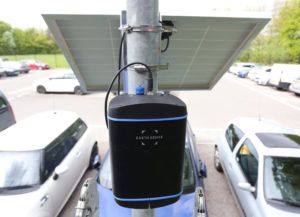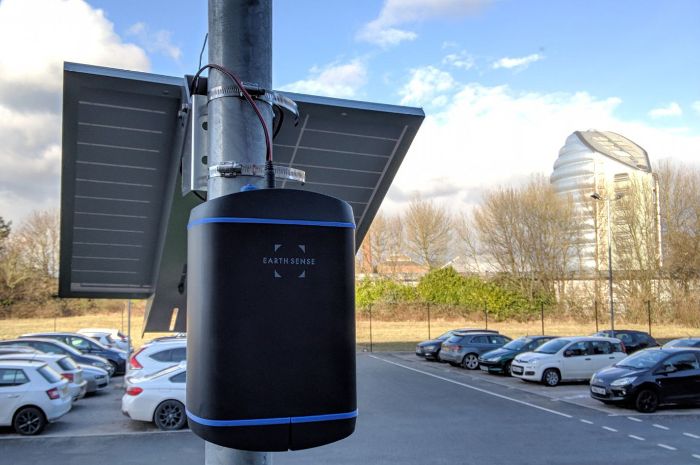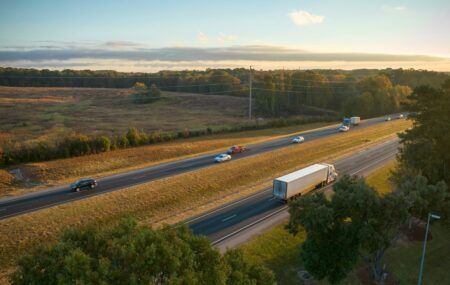Leicester-based air quality monitoring systems and services developer EarthSense has secured funding from the UK’s innovation agency to deliver a partnership air quality project focused on the management of both pollution emissions and people’s exposure to it.
The Innovate UK grant is for the LiVETAP (Live Visualization of Emissions – Towards Informed Avoidance of Pollution Hotspots) project, which brings together EarthSense with two partner universities and Wolverhampton City Council to deliver an advanced demonstrator. The project will create novel air quality apps and a web portal for local authorities and the general public. These services will provide air quality forecasts to guide decisions on traffic management and routing in polluted environments. The new services will be developed on EarthSense’s leading air quality datasets that take into account traffic pollution sources, weather conditions and government pollution monitoring sites, where they exist.
The project will also use real-time data from air quality sensors including the EarthSense Zephyr units installed around Wolverhampton, which will record levels of pollutants such as nitrogen dioxide (NO2) and fine particulate matter (PM2.5). For the first time, the services will enable users in Wolverhampton to see both live and forecast pollution data for city center streets and school-run routes. Following the trial in Wolverhampton, future plans include making the app and online portal available for all local authorities across England.
EarthSense’s managing director, Tom Hall, commented, “Using the information from the app, users can choose to avoid certain high pollution areas, reducing the amount of emissions inhaled, and hopefully divert traffic away from those areas, thereby reducing the levels of pollution; a positive result for everyone.”
Andy Bewsher, the company’s head of operations, added, “This funding will enable us to deliver a valuable project which has the potential to have a positive impact on people’s health and the environment. Local authorities can use the future emission levels data to inform eco-planning policies.”





